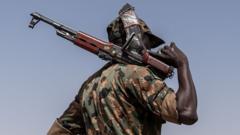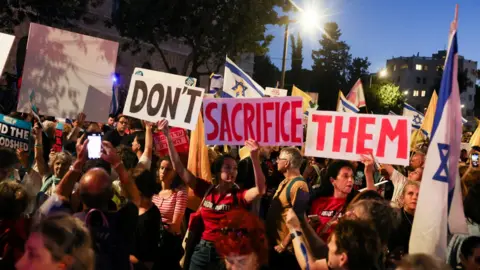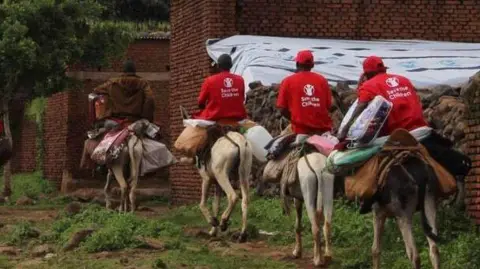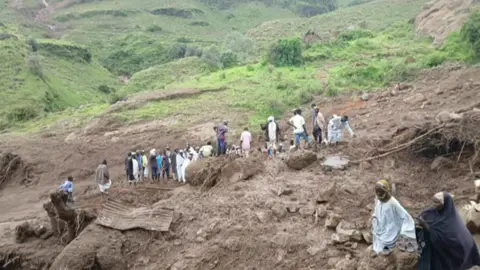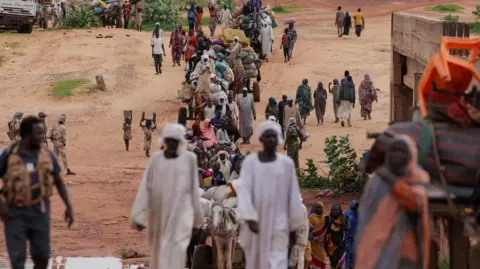In the midst of Sudan's protracted civil war, the Kordofan region—rich in oil and strategically significant—has emerged as a critical battleground between the national army and rival paramilitary forces. This regional conflict has gained urgency as both factions vie for dominance, which is vital not only for controlling oil supplies but also for territorial influence in the country.
Following recent assaults that took the lives of numerous civilians, attention has sharpened on Kordofan, a territory home to nearly eight million people, which consists of three states critical for Sudan’s economy and security. As Amir Amin, an analyst from Oasis Policy Advisory, notes, "Whoever controls Kordofan effectively controls the country's oil supply." Additionally, Kordofan serves as a key conduit for oil exports from landlocked South Sudan, making its stability paramount for both nations.
The conflict escalated in June when military forces intensified their efforts to reclaim ground from the Rapid Support Forces (RSF), who had previously made significant advances, including seizing Sudan’s capital, Khartoum. The military leader, Gen Abdel Fattah al-Burhan, has frequented Khartoum, appearing determined to restore order despite the city now lying in disarray after extensive violence.
With an estimated 150,000 fatalities and twelve million displaced since the onset of warfare in April 2023, the humanitarian crisis has become alarming. The army aims to secure Kordofan to weaken RSF influence, particularly since Darfur, where RSF originated, lies to the west. Conversely, the RSF seeks to capture Kordofan, positioning itself closer to central Sudan's heart, potentially reclaiming control over Khartoum once again.
Analysts like Dr. Suliman Baldo express skepticism about the army's abilities to penetrate RSF defense lines, especially given that many RSF fighters hail from the Misseriya ethnic group, tied closely to the region’s socio-political dynamics. The recent airstrikes conducted by the army, targeting areas like el-Fula and Abu Zabad, have provoked further tensions, leading local leaders of the RSF to threaten retaliatory actions against oil infrastructure—an indication of an escalating conflict pattern.
The United Nations has condemned these bombings, which reportedly struck civilian areas, emphasizing the need for adherence to international humanitarian law. Similar allegations of violence against civilians have surfaced against the RSF, amplifying the overall climate of danger. Reports have surfaced of deliberate attacks including arson and targeted killings, leaving families devastated.
As the RSF gears up for an offensive to seize el-Obeid, the capital of North Kordofan, the stakes increase drastically. The town of Umm Sumaima has become a focal point of conflict with implications that could redefine the struggle for control in Kordofan. Moving ahead, experts predict continuance and intensification of hostilities, given the complexities of territorial claims and humanitarian needs looming large over the region.

